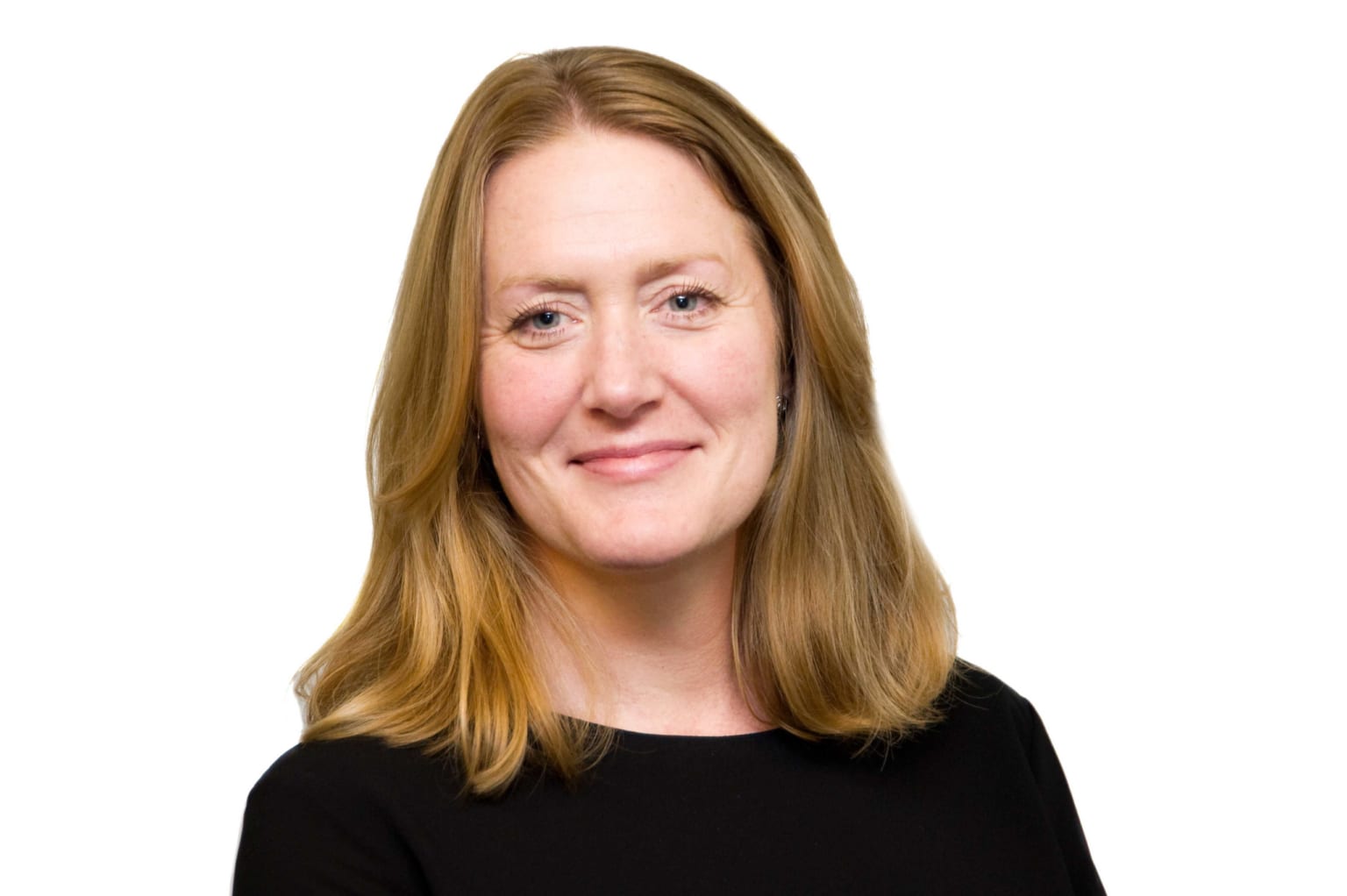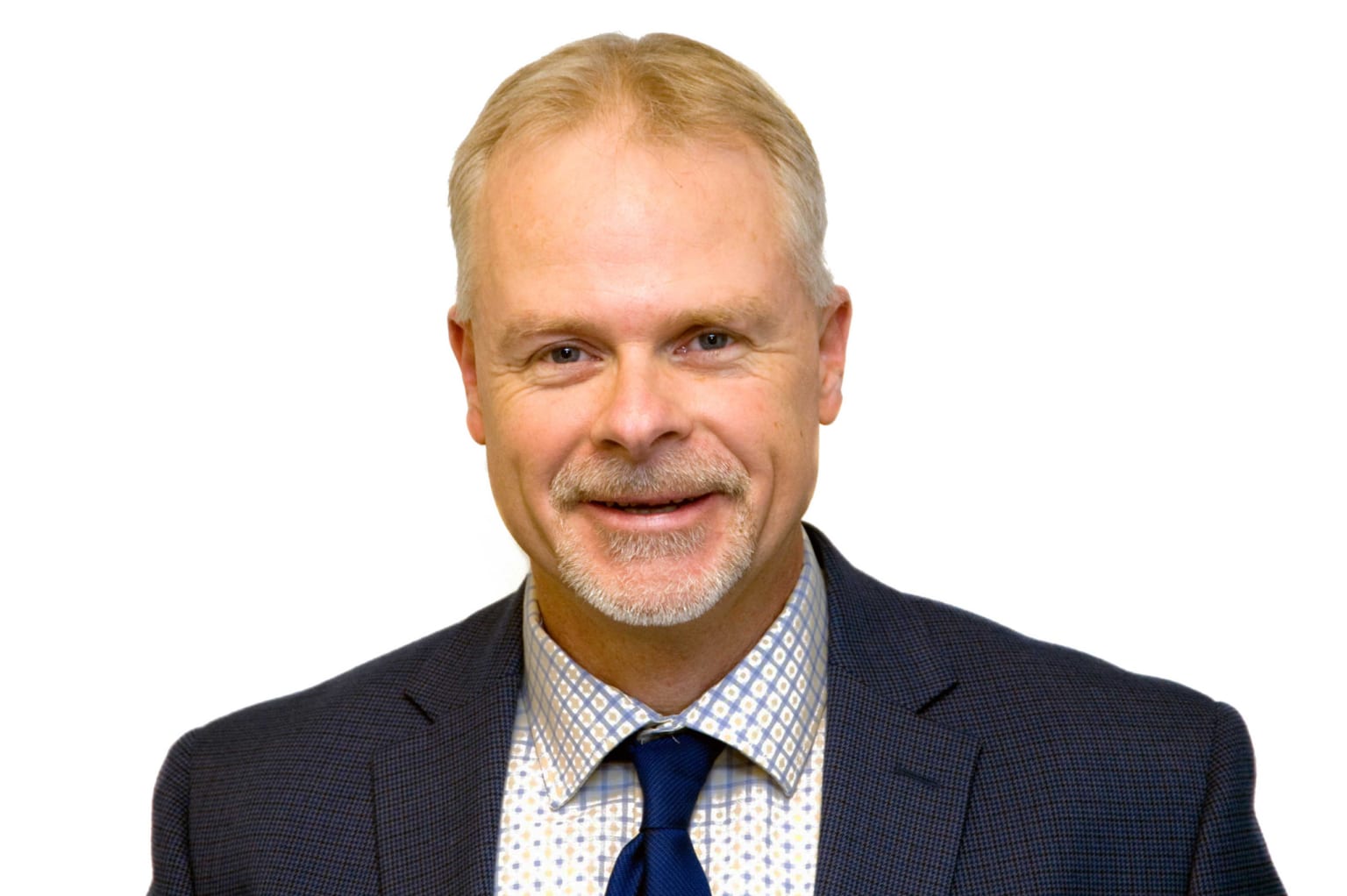Meet the Systems Alignment Innovation Hub (SAIH) Team
Each team member shares what they are most excited about as they prepare to launch SAIH in January 2023:

"I believe the Innovation Hub can help heal the long history of health inequities resulting from structural racism and other forms of oppression by centering the cultural assets, indigenous knowledge, and resiliency of racially marginalized and historically disenfranchised communities."
Project Co-Director LaMont Green, DSW, is a nationally recognized racial equity leader and has led many community-driven initiatives centered on improving systems of care for complex health and historically disenfranchised populations. LaMont is TAC’s Director of Diversity, Equity, and Inclusion.

"The Innovation Hub is a great opportunity to center those most impacted by health inequities in the development and adoption of evidence-based strategies that better align systems to meet their needs."
Project Co-Director Francine Arienti, MA, has over 25 years of experience working to address the housing, services and support needs of people with behavioral health conditions and people who experience homelessness through direct service; technical assistance (TA) and training; evaluation; and policy support. Fran is TAC’s Human Services Director.

"I am most excited to support elevating and expanding the work that marginalized communities do to advance culturally responsive public health, medical, and social service systems and policies."
Project Manager Rachel Post, MSSW, has over 25 years of experience working with nonprofit and government agencies to address the housing, services, and support needs of people with behavioral health conditions and people experiencing homelessness; her areas of expertise include best practices in addressing the treatment, housing, and recovery support service needs of people with substance use disorders. Rachel is a TAC Senior Associate.

"Achieving health equity is deeply personal to me. I look forward to working alongside communities to build race, health, and equity practitioners to address health and social disparities and to center those closest to the problem."
Nastacia’ Moore has more than ten years of experience working in human services, housing, and homelessness systems with a focus on developing systems-level responses to historical racial inequality; she is nationally recognized for her contributions in facilitating conversations that promote race equity and social justice. Nastacia’ is a TAC Senior Associate.

"I am excited to help racially marginalized and historically disenfranchised communities lead systems alignment research, in ways that feel authentic to them and speak to their specific needs."
Lamar Polk, MPH, LICSW, has over 14 years of advanced-practice experience in behavioral health, public health, and health care and brings specialized knowledge and skill in evidence-informed behavioral health practice; recovery-oriented systems of care; culturally informed, intersectional engagement; and public-community partnerships. Lamar is a TAC Senior Associate.

"Practice-based organizations are on the front lines of providing services to historically marginalized groups, and I am thrilled that the national Innovation Hub will help build their capacity to drive the evidence for system change."
Kevin Martone, LSW, is nationally recognized for his expertise in behavioral health policy, system financing and design, Olmstead and community integration, homelessness, and best practice models of housing for persons with disabilities. Kevin is TAC’s Executive Director.
Where We’re Starting From
A national nonprofit organization founded in 1992 and based in Boston, Mass., TAC advances proven solutions to the housing and community support services needs of low-income people with disabilities and people who are experiencing or at risk of homelessness. Our partner in the Systems Alignment Innovation Hub is the Human Services Research Institute, based across the Charles River in Cambridge. Since 1976, HSRI has combined rigorous quantitative research with community-based participatory research to develop efficient and responsive service systems.
TAC is well-positioned to build the new Systems Alignment Innovation Hub, as we already promote cross-sector collaboration and evidence-based practices in technical assistance engagements across the United States. A core practice in our work is to strengthen and support the participation of what the Robert Wood Johnson Foundation terms “practice-based organizations” (PBOs) in research and evaluation, utilizing a racial equity and social justice lens that centers the communities and populations most directly affected. Our team shares proven equity innovations — including strategies to successfully involve persons with lived experience at every level of system design and implementation — to help eliminate racial, ethnic, and social disparities and promote social justice.
Our Approach to Advancing Racial Equity through Research
At TAC, practice and research that advance racial equity are…
- Anti-racist
- Authentic
- BIPOC-led
- Bold
- Community-driven
- Culturally responsive
- Intentional
- Intersectional
- Person-centered
- Transformative
Our Plans for the Systems Alignment Innovation Hub
With the support of the Systems for Action program office and our partners at the Human Services Research Institute, SAIH will provide technical assistance and consultation to organizations with innovative systems alignment ideas; a peer learning network to assist PBOs in refining their ideas; targeted research funding for selected organizations; and tools, guides, and resources for dissemination.
Through technical assistance, support, and consultation — including strategies to successfully involve persons with lived experience at every level of system design and implementation — SAIH will work with HSRI to support historically underrepresented communities as they develop and promote their own innovations to address racial, ethnic, health and social disparities. To maximize the success of SAIH in reaching these goals, our team includes people with lived expertise as well as experience in data and quality improvement, systems redesign, racial healing, and community engagement.
To contact the SAIH, please email: SystemsforAction-SAIH@cuanschutz.edu.
News Details
Author: Saddyna Belmashkan, MPH